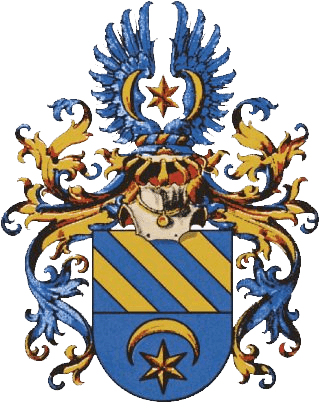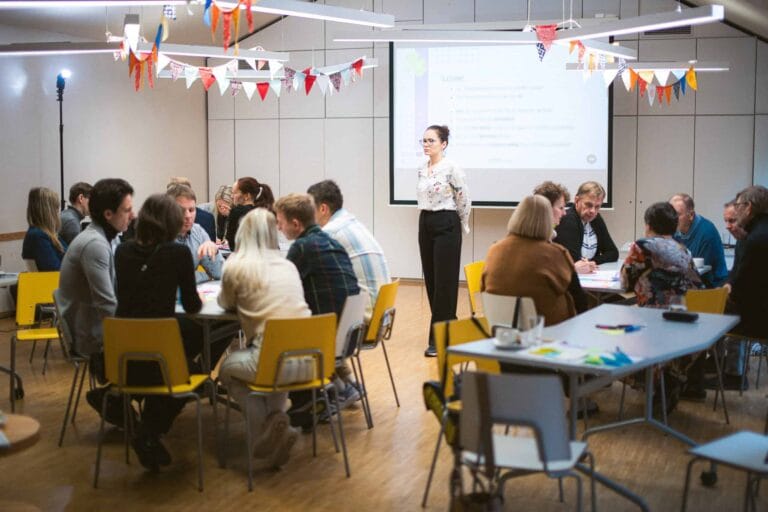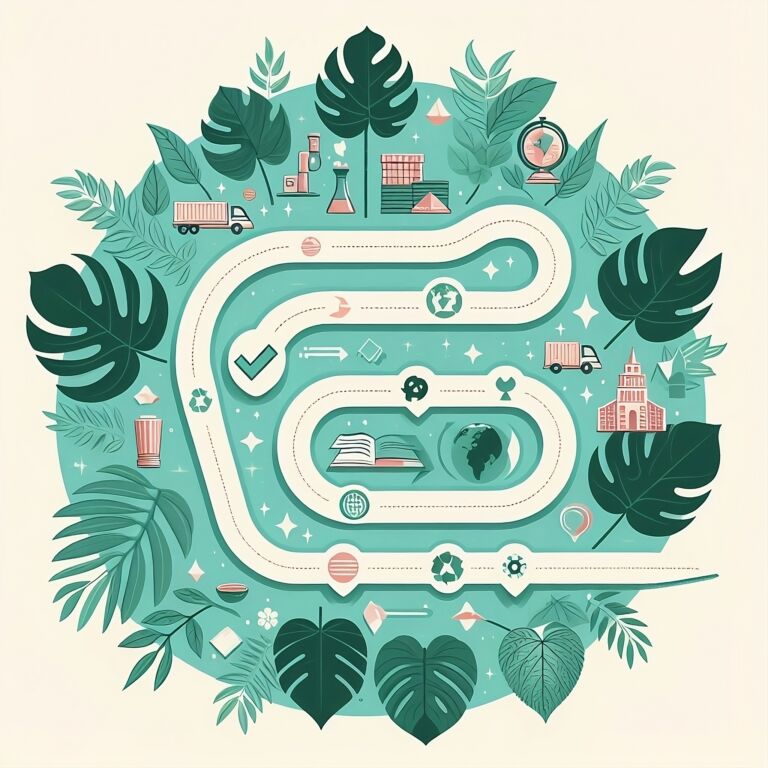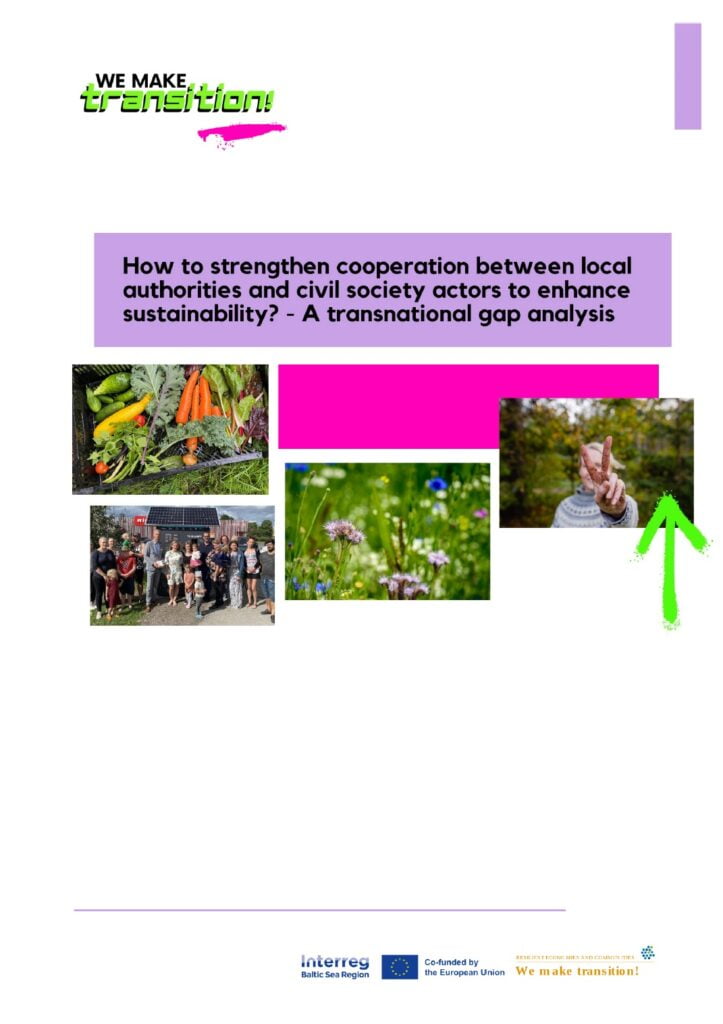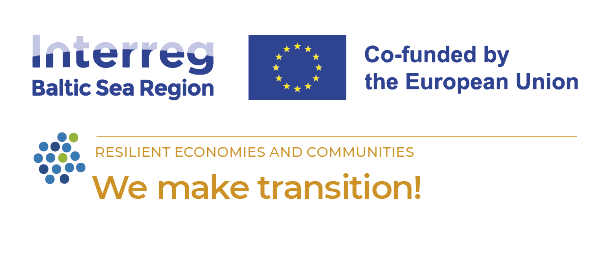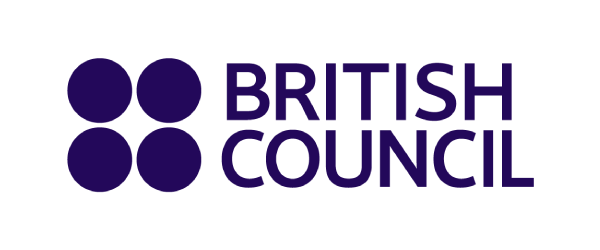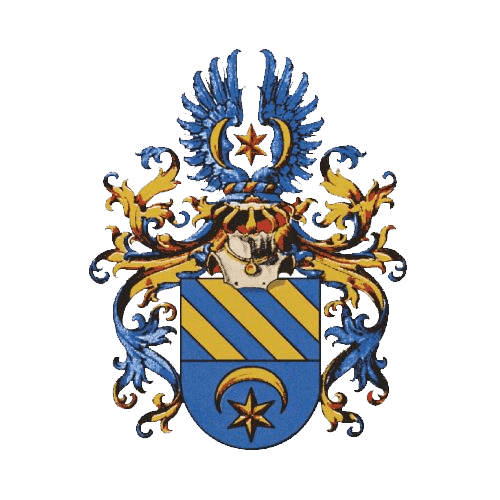The key focus of the We make transition! project is to develop and pilot new ways for interaction and cooperation between local authorities and various local civil society and business actors promoting ecological and social sustainability. The project utilises the Transition Arena method to enable local processes of engaging, joint visioning and co-creating transformative solutions. The project involves 11 partners from six Baltic Sea region countries: Finland, Estonia, Latvia, Poland, Germany, and Norway. The partners implement the project in altogether 12 cities and municipalities.
The Transition Arena process always starts with an actor and system analysis. For this, each partner location organised focus group discussions participated by local authorities, local decision-makers, civil society actors, and business actors. Each focus group had a concrete sustainability topic selected in cooperation with the city. The chosen topics were mainly related to sustainable lifestyle, circular economy, agriculture & food, biodiversity, and social sustainability. Altogether, 20 focus group discussions were organised in a total of 12 locations in 2023.
The focus group discussions helped identify and reach relevant local civil society actors and stakeholders as well as get their views on concrete sustainability topics. The discussion enabled participants to improve their understanding of the role and ideas of civil society actors in enhancing sustainability, as well as insights into the gaps within civil and public sector cooperation and how these could be solved. The discussions supported the engagement of stakeholders and provided a basis for the detailed planning of local transition arena workshop processes that were implemented in the 12 locations during 2024. The series of arena workshops includes co-creation of a joint vision, pathways to the vision and concrete solutions to be implemented in cooperation with actors from many levels.
Purpose
This analysis summarises and analyses the results of 20 focus group discussions to provide general conclusions on the challenges and opportunities for enhancing public-civil cooperation. The key focus is on potential directions for solutions. The analysis also aims to investigate the role, typology, relevance, and activities of civil society actors in the field of eco-social sustainability, identify major bottlenecks, and suggest possibilities for improving cooperation with the public sector.
Scope
The data for the gap analysis were collected from the focus groups organised in 12 locations in Finland, Estonia, Latvia, Poland, Germany, and Norway in March–September 2023. In total, 20 focus groups were held with more than 200 participants/stakeholders, representing public, business, and civic sectors totalling over 150 unique organisations.
